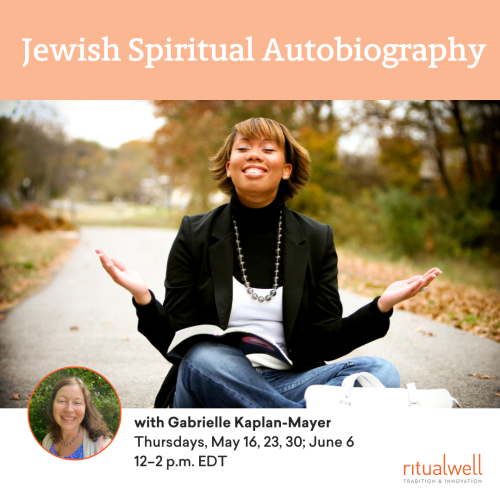We cannot avoid the inexorable truth: there is more work to be done as a Jewish community!
Every year we embark upon the holiday of Passover, when our immediate and external families gather as a community. We dip our pieces of parsley into bowls of lukewarm salt water and listen to what we hope are creative renditions of the famous exodus from Egypt. We watch our relatives recline around our dining room tables: our aunts and sisters debate whether spelt is truly a grain and the men delve into politics throughout the sederLit. Order. The festive meal conducted on Passover night, in a specific order with specific rituals to symbolize aspects of the Exodus from Egypt. It is conducted following the haggadah, a book for this purpose. The mystics of Sefat also created a seder for Tu B'shvat, the new year of the trees.. No matter how you choose to spend your PassoverPassover is a major Jewish holiday that commemorates the Jewish people's liberation from slavery and Exodus from Egypt. Its Hebrew name is Pesakh. Its name derives from the tenth plague, in which God "passed over" the homes of the Jewish firstborn, slaying only the Egyptian firstborn. Passover is celebrated for a week, and many diaspora Jews celebrate for eight days. The holiday begins at home at a seder meal and ritual the first (and sometimes second) night. Jews tell the story of the Exodus using a text called the haggadah, and eat specific food (matzah, maror, haroset, etc)., there is a common bond that unites every Passover table worldwide: we all recognize and celebrate freedom.
Freedom, whether from physical bondage or mental distractions, is an idea that has united both Jews and non-Jews alike, ever since the “post-exodus.” The concept that we, Jews, were freed from slavery long ago is irrefutable. However, we have blindly allowed this idea to become an insignificant detail as we nosh over plates of brisket and gefilte fish. Unfortunately, this tradition of freedom that we celebrate each year has dwindled exponentially right before our eyes. Many of our neighbors, the ones we may not immediately see, are seeking their own forms of exodus from the hardships they face each day.
Today, these forms of bondage may not appear in the form of ten pandemic plagues. In fact, many of us are unaware of difficulties that do not affect us, even though they jeopardize people in our own communities. As we continue to ignore the post-biblical plagues that surround us, the more they continue. This past year, more than 16 million children in America were at risk of hunger. Six out of every seven children did not receive the reduced meals they deserved. Over 600 thousand people—men, women and children—have no guarantee as to where their next beds will be. The rise of the Kony 2012 movement teaches us that there are constantly thousands of children who are forced to be sex slaves and child soldiers. Is this the freedom that we celebrate around our Passover tables?
We may overlook these growing statistics, but we cannot avoid the inexorable truth: there is more work to be done as a Jewish community.
In Pirkei AvotLit. Ethics of the Fathers A tractate of the Mishna filled with pithy sayings of rabbinic sages. 1:5 (Ethics of the Fathers) we learn the significance of opening our doors to the community: “Let your house be open wide and let the poor be members of your household.” As Jews of every denomination and background, we have a responsibility to the members of our greater community, despite the sizes of their incomes. Never again should the number of hungry children in this world increase because of the boundaries we create within our neighborhoods. With the sizes of our houses today, there must never again be a Jew who must resort to a table for one.
While we may be freed from slavery in Egypt, we still have a moral obligation to community-building. Passover is truly the quintessential opportunity to “let your house be open wide” and welcome those with no place to eat. It is a chance for us, as a Jewish community, to provide the haven for someone overcoming his own personal exodus. For at the end of the day, wouldn’t it be a shame for someone to pass over our community without feeling welcomed? Let us open our two hands and heart and provide warmth for those without a place to rest; we were not placed on this earth to achieve goodness but, rather, to pursue it. By expanding our tables during Passover, the holiday of traditions both old and new, we will truly take one step toward social justice.
Emily Goldberg is a junior at the AbrahamAbraham is the first patriarch and the father of the Jewish people. He is the husband of Sarah and the father of Isaac and Ishmael. God's covenant - that we will be a great people and inherit the land of Israel - begins with Abraham and is marked by his circumcision, the first in Jewish history. His Hebrew name is Avraham. Joshua Heschel School in Manhattan. Emily started and chartered “Common Ground Friends,” the first student-driven interfaith group in South Florida. She also writes for “Sh’ma: A Journal of Jewish Ideas” and shares her spiritual perspective in her blog, “A Leap Of Faith.”






